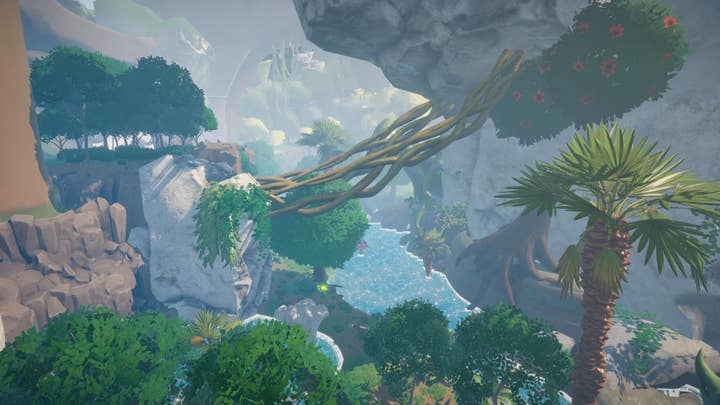Unity 6 launches October 17
Engine provider reveals that Unity 7 is already in the works
Unity 6 will launch globally on October 17, 2024, the engine provider announced at its Unite developer conference this week.
The engine will offer an array of new features, including customisable graphics rendering, accelerated multiplayer development, and tools to build games optimised for web browsers including a new WebGPU backend.
It will also utilise artificial intelligence tools including Sentis which allows AI models to be used in games on any device. It will also include an expansion on its Muse suite of AI tools and services.
The firm revealed that Unity 6.1 will launch in April 2025, and will build on the "core capabilities" of Unity 6 and include support for foldable and larger screens, deferred rendering in GPU Resident Drawer, and new build targets and profiles.
Unity said it is committed to supporting the new interaction of its engine "for as long as necessary," but also said work had begun on producing the next generation of the engine which will "bring a fundamental shift in approach" to its design.
This includes introducing features such as "bringing ECS into the heart of the engine and introducing a new content piipeline approach, worldbuilding system built on DOTS, animation system, and better scripting."
The name of the engine hasn't been officially announced, and Unity clarified it is still "a ways out" in terms of development.
"Developers have been telling us for a long time that they want more stability and performance, which we are addressing with Unity 6," said Unity CEO and president Matt Bromberg. "We're bringing them the best version of Unity yet, backed by deeper, long-term support and dedicated product and engineering resources post launch.
"They will also get frequent updates with new features, performance boosts, and bug fixes, all informed by their feedback with minimal disruption to their ongoing projects."
Unity 5 initially launched in March 2015, back when the firm announced it would be focusing on a yearly system of updates with Unity 5.6 being the last in the cycle. It has since reverted back to its major update model.
Last week, Unity reversed its controversial runtime fee after a "deep consultation" with its "community, customers, and partners."
The runtime fee was originally announced last September, and was met with major backlash. This led Unity to remove the runtime fee for games built on a Unity Personal license.

